Chlorinated paraffin CPW 50-52
Chlorinated paraffin CPW 50-52
Chlorinated paraffin CPW 50-52 is used as a supplement in various industries and is considered as an intermediary commodity.
Chlorine paraffin and DOP are substitutes for each other.
Chlorinated paraffin CPW 50/52 General specification:
Chlorinated paraffin CPW 50/52 is manufactured by the chlorination of n-paraffin or paraffin wax, normally in a batch process. The reaction is exothermic and leads to the generation of the by-product hydrochloric acid. After removing residual traces of acid, a stabilizer is added to produce finished batches.
Chlorinated paraffin CPW 50/52 Applications:
Replacing the main plastics Deoxy Phthalate-Dioxo-Acetyl Phthalate Expansion and Plasticizers in the processing of vinyl polymers, auxiliary polymers and chlorinated tires of neoprene additives in lubricating oils and industrial oils such as oils in rollers, And drawing of refractory materials, production of PVC films, artificial leather production, rubber industry, cable sheathing, flexible PVC pipes production, and production of marine paints.
- Chlorinated paraffin is a plasticizer largely used in PVC. CPW is used as an additive in industrial lubricants like gear oil as a fire retardant chemical additive.
- Chlorinated paraffin is used as plasticizers in paint sealants and adhesives. The main advantage over other alternatives is inertness and it enhances flame retardant properties. Cpw with high chlorine content is used as flame retardants in a wide range of rubbers and polymer systems.
- Chlorinated paraffin is also used in formulation of metal working lubricants as they are one of the most effective extreme pressure additives for lubricants used in a wide range of machining and engineering operations.
Chlorinated paraffin wax (CPW) 50-52 uses
Chlorinated paraffin wax (CPW) 50-52 uses is commonly used as an additive in metalworking fluids because of its excellent lubricating properties. It improves cutting performance, reduces friction and wear, and improves the machining process. In addition, CPW 52 provides protection against corrosion and extends the life of metal components.
Chlorinated paraffin wax (CPW) is used in a wide variety of industrial applications, including flame retardants and softeners. It acts as an additive in metalworking fluids, sealants, paints and coatings. Chlorine paraffin is non-toxic, non-flammable, low volatility and high insulation. Chlorinated Paraffin Wax (CPW) can be used as flame retardant and softener. It is widely used in the production of cable materials, floors, panels, shoes, rubber and other products. It can also be used in coatings and lubricant oil additives. Excellent external lubricant for PVC processing and other industrial applications. PVC adheres to the metal during processing and is therefore not externally lubricated, resulting in unsatisfactory extrusion results.
Chlorinated paraffin wax (CPW) is generally used as a plasticizer in the manufacture of PVC compounds for wire and cable, shoes and toys’ pipes are used for irrigation, gardening and other industrial works PVC flooring, film and sheet, PVC resin, fabric coating and lubricants Rubber products such as V-belts
Chlorinated Paraffin Wax (CPW) is used as a flame retardant for impregnating various textiles and fabrics.
Find applications in the paint industry to produce fire retardant paints They have also found applications in adhesives, sealants, sealants, and are used in the automotive and metalworking industries as lubricants for a wide variety of machining and engineering operations.
Chlorinated paraffin CPW 50/52 technical Specification
| CP grade | cp 50 |
| Chlorine content | 50-52% |
| Appearance | pale yellow liquid |
| Colour in hazen unit | 120 |
| Specific gr. At 30 c | 1. 26-1. 28 |
| Viscosity at 25 c in poise | 13-18 |
| Thermal stability at 180 c for 1 hour | pale yellow to light yellow |


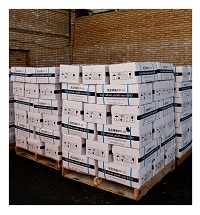
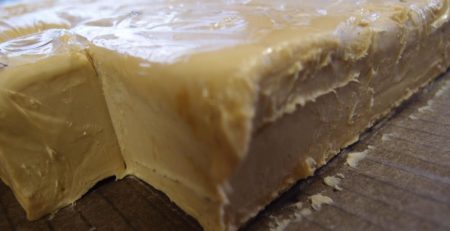
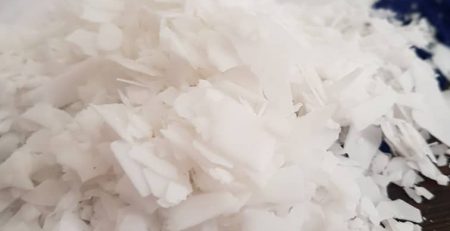
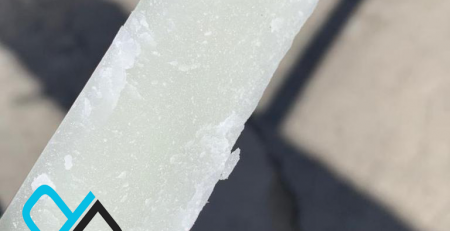
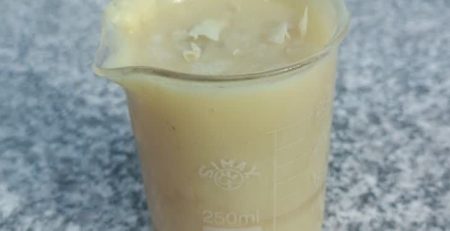
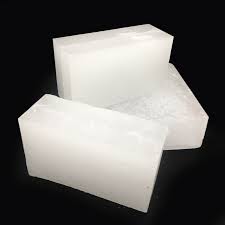
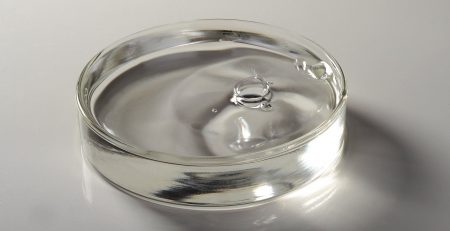
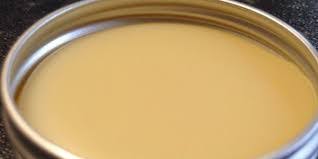
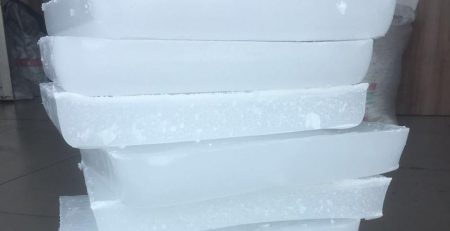
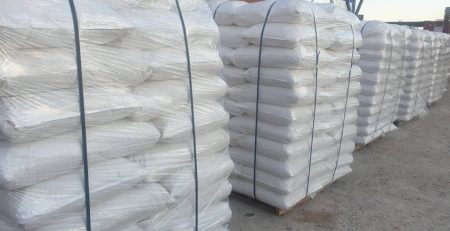

Leave a Reply
You must be logged in to post a comment.